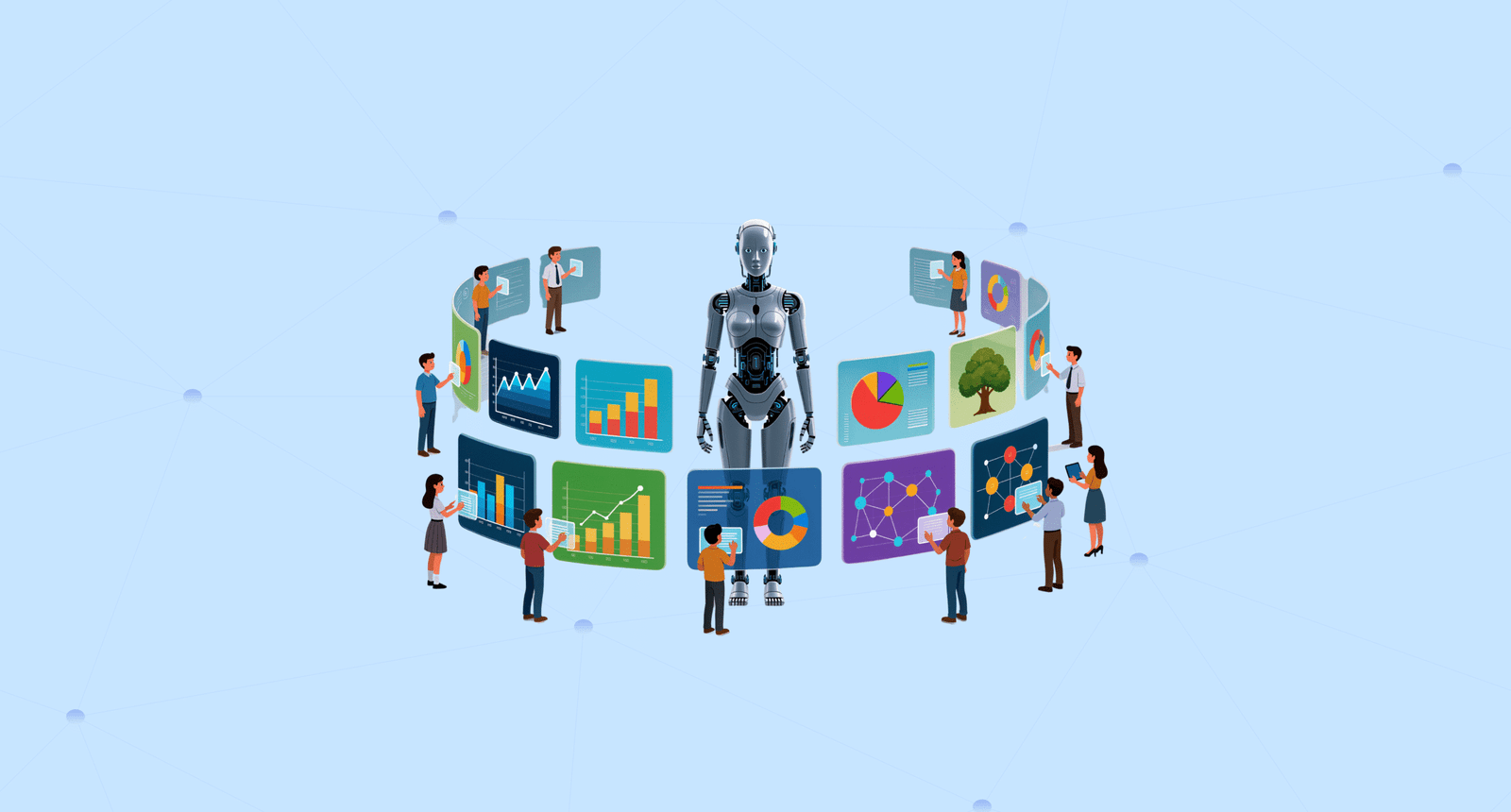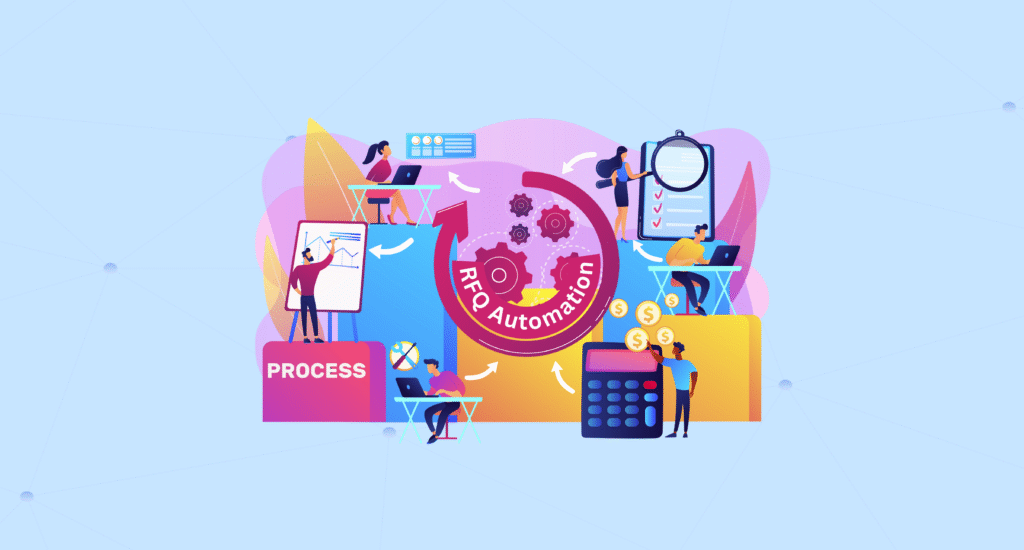When you’ve worked on as many AI engineering projects as we have, you start noticing patterns. You learn what makes integrations succeed, what makes them stall, and what issues show up almost every single time.
You may have a good plan on paper, but it could turn out to be much more complex in action, because AI engineering is also about people, processes, and how ready a business is to change.
In this blog, we’re sharing everything we’ve learned: what it really takes to bring AI into engineering, the mistakes to avoid, and the best practices that make all the difference.
If you’re thinking about bringing AI into your business, you can’t miss reading this.
Laying Groundwork > Writing Algorithms
If you’re obsessing over model accuracy and architecture choices from day one, you’re already off to a bad start.
You can spend weeks trying to perfect these, only to realise later that the problem wasn’t with the model at all. It was the data. Or the process. Or, sometimes, the clarity of the problem itself.
So, where should you start then?
With basic questions like what decisions you’re trying to make smarter, what processes you’re trying to simplify, and whether your data is capable of supporting the goals.
Spend time on things like understanding your data, mapping your processes, and aligning your teams. Once these are clear, other details, like model design, deployment, and adoption, will also fall into place.
Read this real-life case study to learn how we’ve used this approach for one of our clients.
AI Needs More Than an Entry Point
Another important lesson we’ve learned through our extensive experience delivering AI engineering services is that AI integration can’t be treated like plug-and-play.
It’s a process where you need to think about aligning your present infrastructure with new intelligence. You could face challenges, not because of the model but because of the environment it’s supposed to be in.
Look into your setup to make sure it’s prepared to adapt to the changes.
Your data pipelines should be clean, your infrastructure should be strong enough, and your systems should be able to work with the new AI components.
Don’t Let Metrics Mislead You
When businesses start integrating AI, one of the first things they look for is validation. They need assurance that it is working.
And while it’s a great idea to keep a check on your model’s success, you should know what the right metrics are that will determine its success.
If the metrics you’re targeting are completely disconnected from what the business actually needs, then you can’t really be sure of the model’s success, can you?
You can have a model that ticks the boxes on all the usual, standard metrics. But those metrics might mean nothing for your business context.
AI engineering is about making sure the model delivers outcomes you want in your use case. That’s how you’ll know it’s successful.

Iteration is How You Innovate with AI
One mistake businesses often make is considering AI development to be similar to traditional software development.
Usually, when you’re building software, you know exactly what you’re creating and how it will behave on completion. You kind of know the things you can be sure of.
But AI engineering is a different ballgame. You can build the model, but unless it’s put in the real-world use case, you can’t really know with 100% certainty how it will respond.
It may perform the way you expected it to, or it may throw a curveball.
AI learns continuously; that’s exactly the attitude you need as well when working with AI.
Keep experimenting to improve what you’ve built. That’s how you uncover edge cases, user behaviours, and unexpected variables. Every iteration sharpens understanding and builds resilience into the system.
AI Needs Housekeeping Too
In AI systems, each minor issue that you ignore can contribute over time to its technical debt.
Unlike software bugs that show up fast, AI debt builds beneath the surface: outdated training data, undocumented changes, and so on.
All those tiny shortcuts and ignored details pile up gradually to become big, expensive problems. This is why measures like documentation, monitoring, and version control are an absolute must because they keep the system healthy in the long run.
Final Lesson for You
Every AI engineering project we’ve worked on has taught us something new. And that experience allows us to guide businesses through AI adoption with far less friction.
Whether it’s ensuring the foundation is right or creating AI that adds meaning, our team has lived those stories firsthand.
Even as AI changes, these fundamentals will always remain important. And it’s this solid, fundamental understanding of AI that we bring to every partnership.
If you’re thinking about taking the next step with AI, we’re here with our AI consulting services to make sure it’s the right one.



